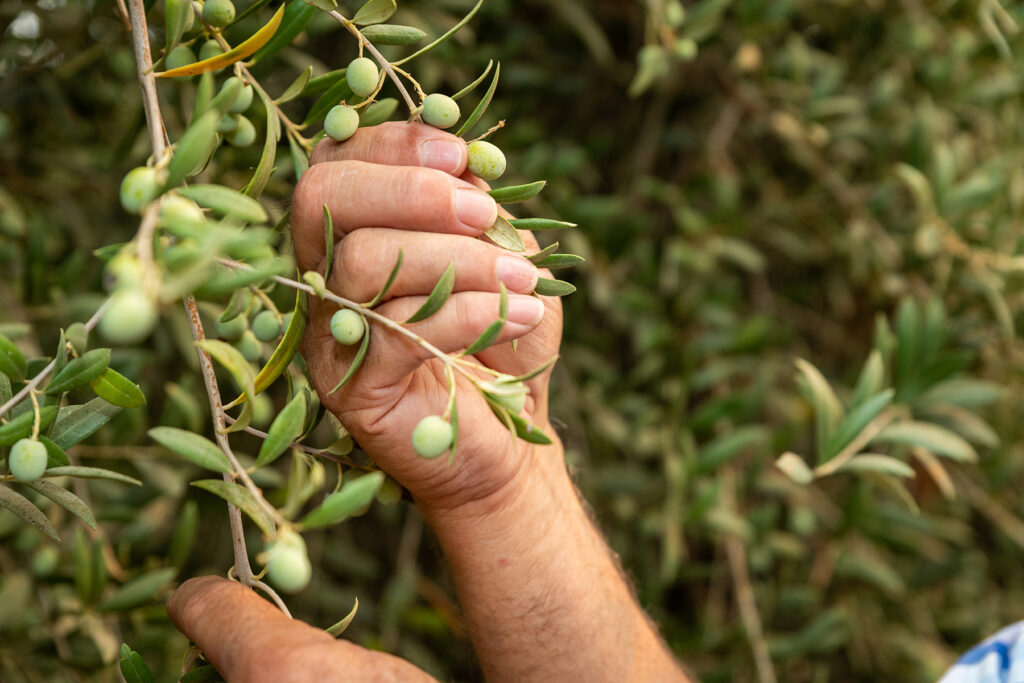By Ann Donahue, WG Media Relations Manager
A recent study revealed that an encompassing perspective that includes individual, familial and societal factors is needed to address the increasing number of deaths by suicide in farmers.
The numbers are heartbreaking. In 2020, the Centers for Disease Control and Prevention released a report revealing that farmers and ranchers die by suicide at nearly three times the national rate. The issue is troubling, and pressures are increasing; National Public Radio (NPR) reports that research in Australia and India link climate change to significantly higher suicide risk for farmers.
What can be done?
A 2021 study by the National Institutes of Health examined how demographic, relationship, mental health and life stressors are associated with suicide among older male farmers. Researchers Kyle L. Bower and Kerstin Gerst Emerson of the University of Georgia Department of Human Development and Family Science and Institute of Gerontology found that depression was more prevalent among farmers older than 65. And those who contemplated suicide were significantly more likely to report physical health problems.
It is not a simple problem, nor is there one simple answer. But a treatment perspective that accounts for how individuals interact with their community is key, the researchers found. They concluded that the vulnerable require a systemic approach to address the overlapping factors that contribute to suicide contemplation.
There are many non-profits and healthcare providers working together in Western Growers’ area of service dedicated to creating a comprehensive community to help those suffering from suicidal ideation and depression. Among these resources:
• The Central Valley Suicide Prevention Hotline is available at 1-888-506-5991. Staffed by crisis counselors and volunteers, the hotline serves those in Fresno, Madera, Merced, Mariposa and Stanislaus counties and offers immediate support for the caller in crisis or for family and friends who are fearful that a loved one may be suicidal. It is operated by the Kings View Behavioral Health System. At its launch in 2013, Morrissa Holzman, director of the program, discussed the importance of volunteers from the community. “Most suicide hotlines rely on a robust volunteer base. We have an extensive and ongoing training program and internship for all of our telephone responders,” she said. “Our volunteers come from many walks of life, live in the communities we serve, and want to make a difference.” To volunteer, please call (559) 256-7678.
• Pinnacle Health Management’s UpLift: Overcoming Depression Program. This program is available for free for all participants of the WGAT health plan. It offers a personalized approach to care management, including 12 months of guided calls and education resources and collaborative goal-setting as part of a curriculum created by a behavioral health expert and administered by healthcare professionals. More information is available at (844) 230-1121 or [email protected]
• In addition, resources are available at any time at the national level. If you are someone you know may be considering suicide, contact the National Suicide Prevention Lifeline at 1-800-273-8255/1-800-273-TALK. The Crisis Text Line is a free confidential texting service for emotional crisis support and can be reached by texting HELLO to 741741.





